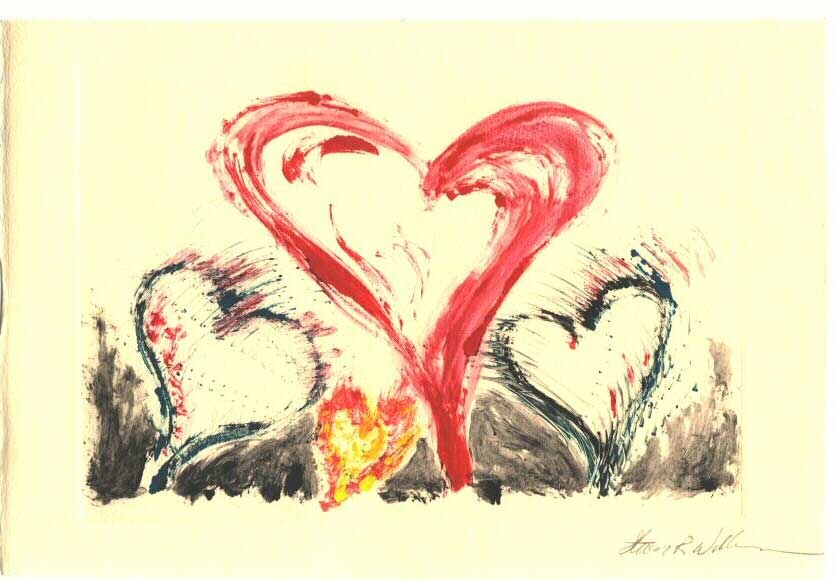 In a bit of a continuing on with a theme, having recently read The Courtier and the Heretic, I jumped at Rousseau's Dog when I happened upon it at The Tattered Cover in May.
In a bit of a continuing on with a theme, having recently read The Courtier and the Heretic, I jumped at Rousseau's Dog when I happened upon it at The Tattered Cover in May.A wise move.
Reading of the follies of these two "great thinkers," these two revered men, humanized them for me and brought me past the usual one dimensional assessment of great men to the confirmation that great men are often great in spite of their foibles.
Rousseau's Dog is the story of the falling out and resulting bitter enmity of Jean Jacques Rousseau and David Hume.
I read fascinated and a bit disgusted as Rousseau's paranoia led him to concoct a conspiracy where there was none. I grudgingly came to the acceptance that Hume's faults also contributed to the outcome in large measure. I ended up with the thought that some things are inevitable.
Edmonds and Eidinow present just enough of these two men's philosophies to introduce the reader to their dramatic differences and just enough to perhaps whet the reader's appetite for a bit more research.
While I have seen it disparaged in literary reviews, notably Janet Maslin's review in the New York Times, I was quite intrigued by the beast referenced in the title. I enjoyed puzzling out the dual significance of Rousseau's dog or dogs as it were.
In contrast to the Courtier and the Heretic, I did not slog as much while reading Rousseau's Dog. With more of a focus on the events which transpired and less of a primer on the philosophers' contributions to the field, Rousseau's Dog was a more engaging read.
After reading and digesting it, I perused the back cover and was struck by the truth of the blurb from the Boston Globe, "[a] beach book for the brainy set, engaging and erudite."


No comments:
Post a Comment